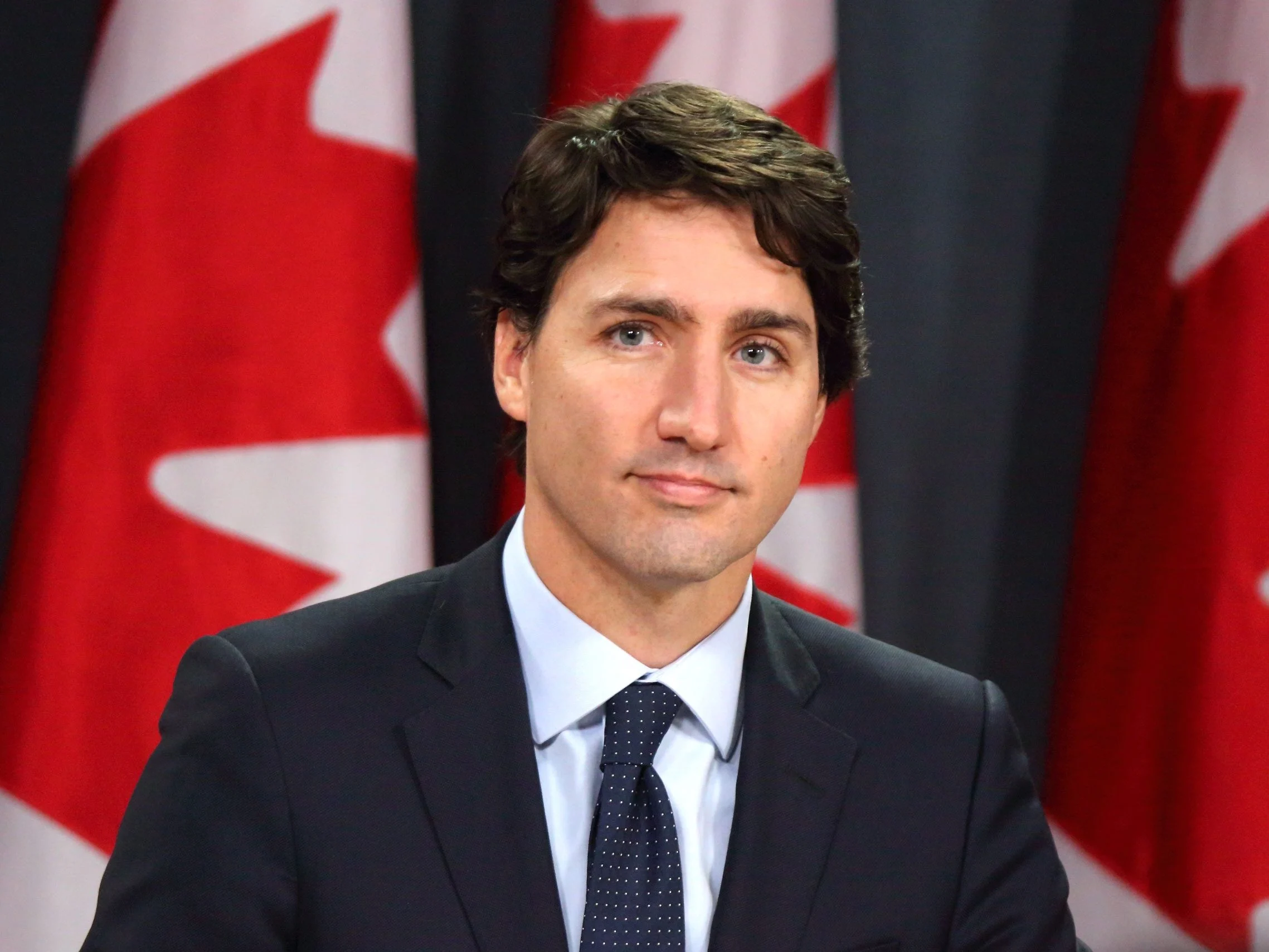Pierre Poilievre Urges Business Leaders to Advocate for Themselves Amid Capital Gains Tax Debate
Despite labeling the proposed changes as an ‘attack,’ Conservative Leader Pierre Poilievre refrains from disclosing his party’s stance on the matter, leaving speculation about potential support in the air.
Finance Minister Chrystia Freeland’s recent legislation, devoid of a prominent capital gains tax alteration from the federal budget, adds complexity to the unfolding narrative.
Instead of incorporating it into the federal budget, the government is anticipated to introduce a separate bill aimed at updating the tax structure to ensure higher-income individuals and corporations contribute more to taxation based on their profits.
This move necessitates each political party to declare a definitive stance through a vote of either approval or rejection.
Recent public opinion surveys indicate a growing favor towards the Conservatives among younger demographics—a shift Prime Minister Justin Trudeau, historically reliant on voters under 40, aims to counteract.
The previous month’s budget concentrated on addressing housing affordability concerns, with Finance Minister Chrystia Freeland and Prime Minister Trudeau framing the expenditure as promoting ‘generational fairness.’
Poilievre has declared the Conservatives’ intention to oppose the budget. However, as he positions himself as a champion for the working class and the most attuned to cost-of-living pressures, the question arises: will he endorse measures proposed by the government aimed solely at the wealthiest Canadians?
His office remains non-committal on the matter.
“Common sense Conservatives will vote against Justin Trudeau’s inflationary budget,” spokesman Sebastian Skamski said in a statement.
“The legislation you are asking about doesn’t exist yet due to Justin Trudeau’s incompetence, so it’s impossible for us to weigh in on the matter.”
Poilievre subtly revealed his perspective in a recent opinion article, where he attributed what he termed as the ‘assault’ on businesses and entrepreneurs to corporate executives. He criticized their strategy of aligning with Trudeau’s Liberals, stating that such tactics have proven ineffective.
“They had been planning to do nothing except complain and hope their useless and overpaid lobbyists meet Chrystia Freeland or Justin Trudeau to talk some sense into them while the Opposition hounds the government to reverse course,” Poilievre wrote last Friday in the National Post.
“If you want to stop Trudeau’s latest tax hikes, don’t talk to politicians about it, talk to the people.”
His remarks, widely disseminated by his MPs and fellow Conservatives on social platforms, align with the populist narrative Pierre Poilievre has consistently conveyed to the business sector since assuming leadership: emphasizing support for ordinary citizens over “corporate Canada.”
Furthermore, he cautioned that this stance would persist even if he were to ascend to the position of prime minister.
In his opinion piece, Poilievre directly addressed the apprehensions voiced by professional associations and companies regarding the proposed alterations to capital gains. He suggested that they should address these concerns directly with their clients and employees.
“Obviously, my future government will do exactly the opposite of Trudeau on almost every issue,” he wrote.
Last week, in an interview, Poilievre was directly questioned about the potential stance of a future government led by him regarding the capital gains modifications. However, he refrained from providing a clear answer, labeling it as a “hypothetical” issue.
Poilievre criticized the decision to separate the capital gains tax alterations from the budget implementation bill, characterizing it as a “flip-flop” by the Liberals.
Although he didn’t outline specific actions he might take, Poilievre expressed his disapproval of the measure, dismissing it as ineffective.
“What is clear is that it won’t affect the rich, because the rich are just selling their assets now before the change takes effect. They’re moving their money over to tax havens … they won’t pay a penny more,”


